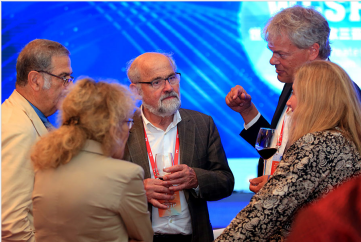
Top scientists at Sanya forum encouraged by China's development over past decades
A gathering of top scientists at the World Laureates Sanya Forum in Hainan province recently turned into a brainstorming session that not only brought forth futuristic ideas for smart oceans, agriculture and biotechnology, but deeply impressed the nearly 1,000 participants.
Local officials said the arrival of the science celebrities-including 12 winners of the Nobel Prize, the Turing Award, the Fields Medal, the Lasker Award and the Wolf Prize-along with 28 academicians from the Chinese engineering and science academies, opened a new chapter of scientific exchanges and cooperation.
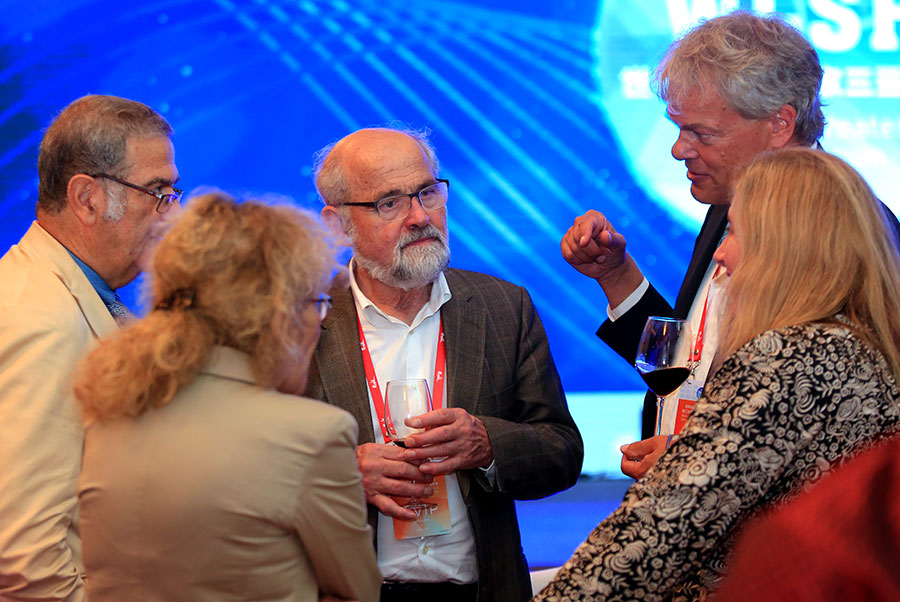
Five top scientists meeting each other for the first time enjoy a short talk during a break at the World Laureates Sanya Forum in Sanya, Hainan province. [Photo provided to China Daily]
Many young Chinese scientists said they were enlightened and gained more clarity about what direction research should take.
Most of the scientists were first-time visitors to the tropical island of Hainan, which is developing what will become China's largest free trade zone. Many expressed their belief that China will one day become a world center for cutting-edge technologies.
During tea breaks, China Daily spoke with eight laureates and compiled their comments about China's scientific and technological progress. We heard their perspectives on the country's future and suggestions for educating the next generation.
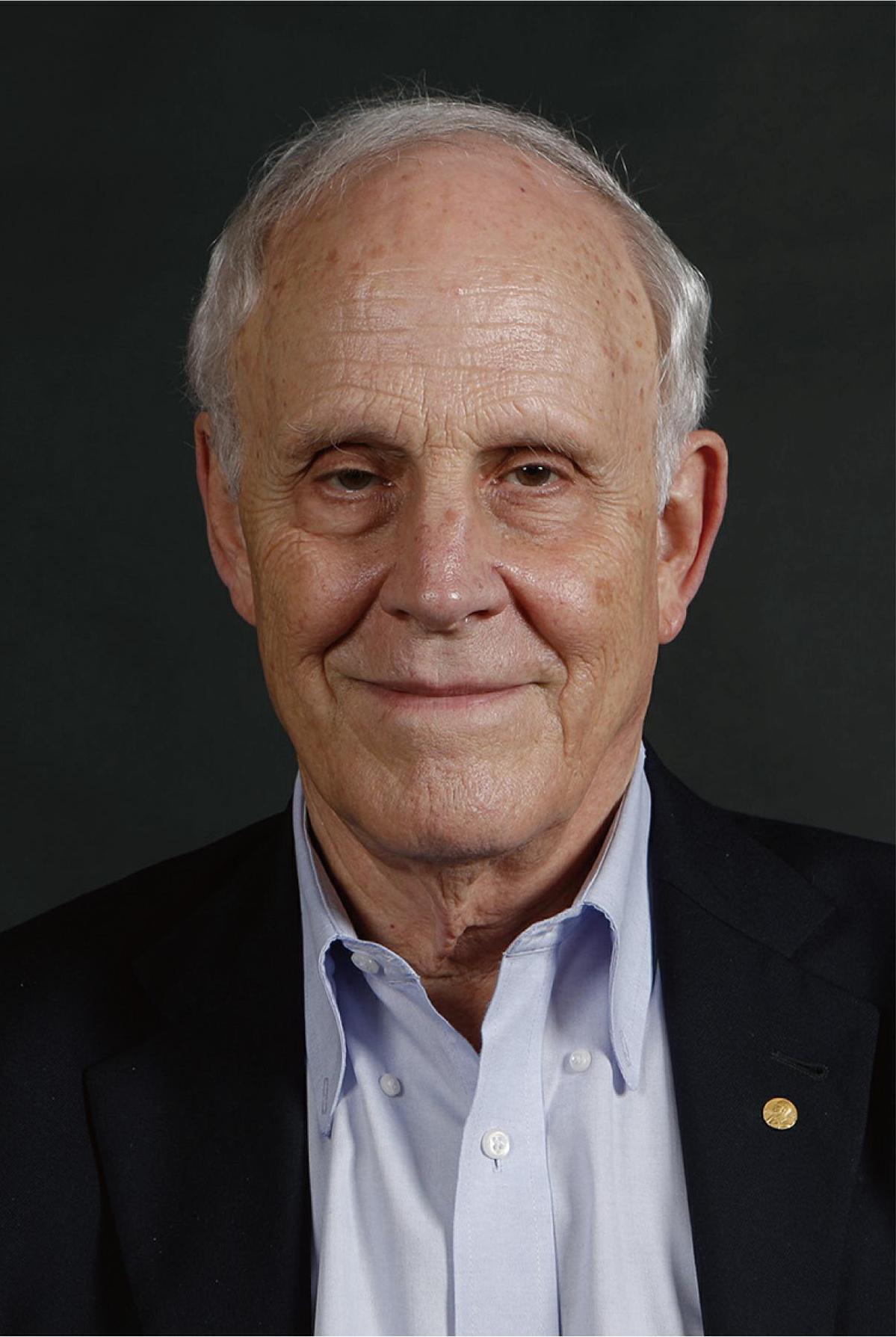
David Gross, 2004 Nobel Prize in physics
Gross has been a central figure in particle physics and string theory. He won the Nobel Prize with Frank Wilczek, his student, for their discovery in 1973 of "asymptotic freedom"-a characteristic of quantum particles-which led to the formulation of Quantum chromodynamics, the theory of the strong nuclear force.
"The scientific and technological development of China over the past years has been amazing. I visited China 30 years ago, and the growth is quite remarkable and very impressive. China is investing in basic science, which leads to having a lot of scientists."
"Chinese people in general and the Chinese government recognize the importance of science for economic growth and development. They respect knowledge. As an American, I'm very happy because we cooperated and collaborated."
"It is a wonderful life to be a scientist, it's an adventure. Scientists can teach and do important research. For the individual, it widens the experience of life."
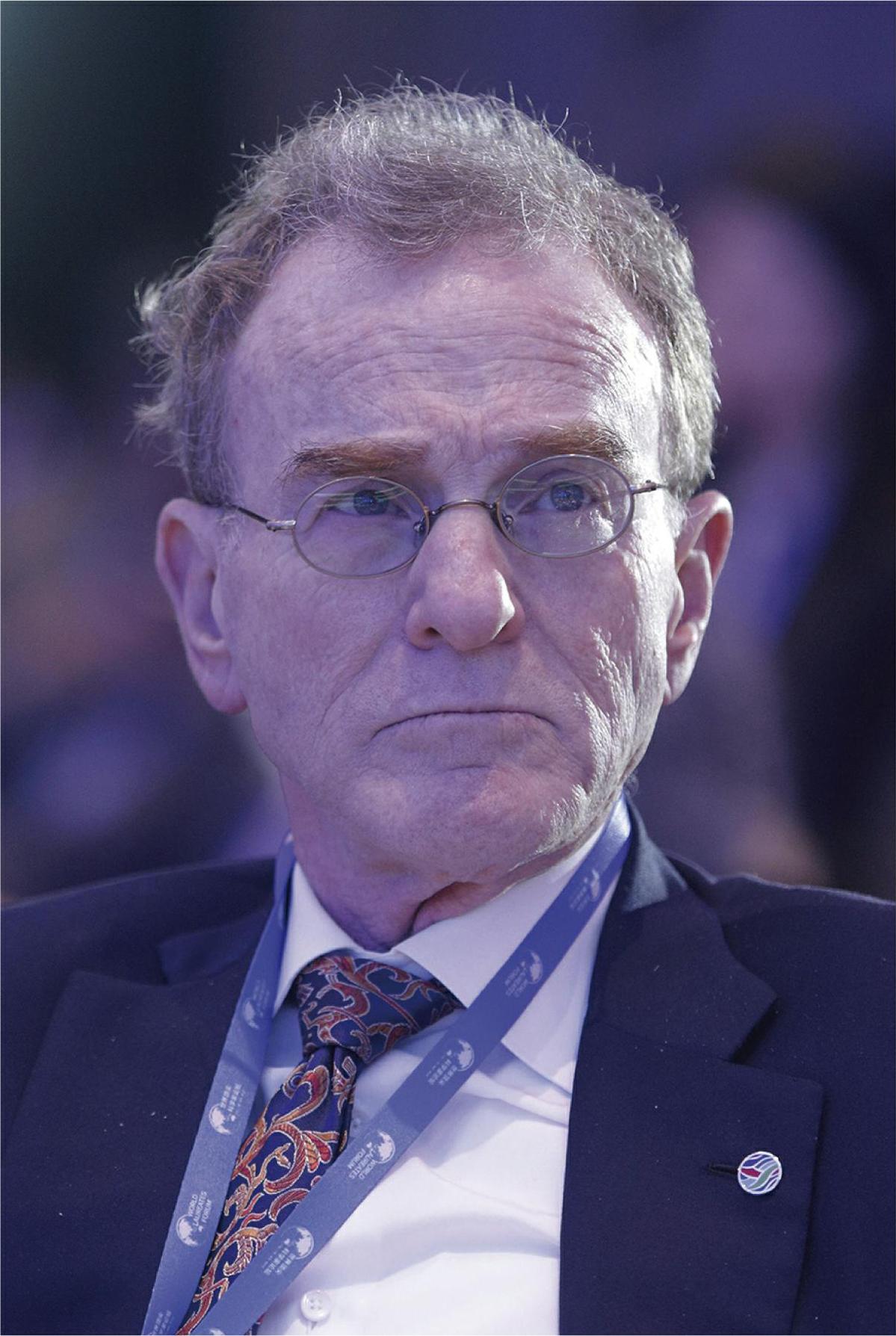
Randy Schekman, 2013 Nobel Prize in physiology or medicine
Schekman began investigating networks of intracellular membranes associated with the transport of proteins in the yeast Saccharomyces cerevisiae at Berkeley. With the aid of others in his laboratory, he screened yeast for mutations that blocked the secretion of certain enzymes from cells. The work led to the discovery of regulating proteins.
"Over the years, I have seen great change in China. There is enormous investment by the government in basic science, which is very encouraging. Everywhere I go, there is optimism about the growth and application of basic science."
"One thing that's very important is giving young scholars the opportunity to create independently and not be managed by government bureaucrats to the point that officials appear to control them. That's really the most important thing about creativity, to give early-career people freedom to pursue their own curiosity."
"It is very encouraging to hear that more Chinese parents expect their children to be scientists. … So what I would urge is that children even at a young age have opportunities to do scientific experiments themselves, and think experimentally about how they test things. As I grew up, the most important thing in the development of my interest in science was not so much the classes I took but the opportunities I had every year to do my own science projects, which were put on display at local school science fairs, and others had a chance to see what I had done. These were all individual projects I did myself. I raised money for myself. For me, it was how I got into science. I think it could happen in China, too."
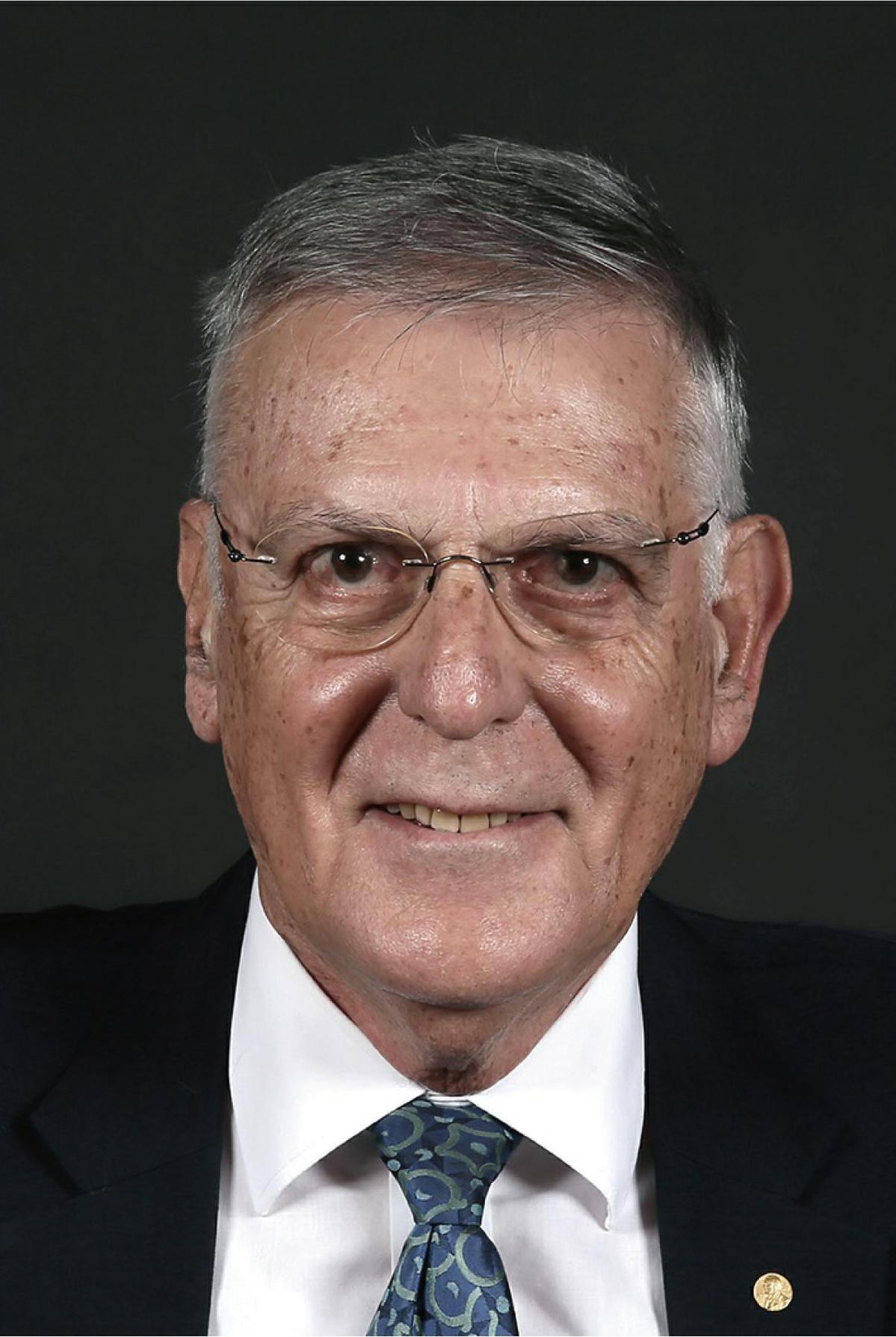
Dan Shechtman, 2011 Nobel Prize in chemistry
Shechtman was the sole winner of the Nobel Prize in chemistry in 2011 for his discovery of seemingly impossible crystal structures in metal alloys. Instead of the regular patterns seen in other crystallized materials, the atoms in his "quasi-period materials" were arranged so that they were regular but never repeated. His discoveries in the early 1980s changed chemistry.
"My first visit to China was in 1987, and I've been following the country's progress. It's really amazing."
"Chinese scientists are publishing more good papers. We do not see the prizes yet, but the prizes will come."
"There is a lot of investment by the government in science, which is extremely important. My recommendation is teaching children science. I come from Israel and I teach science to three 5-year-old children in kindergarten. This is the future, because these young people will become the future scientists."
"China is now making very great progress in science and technology. Also, I think science is important for mankind in the future and for the future of the Chinese people."
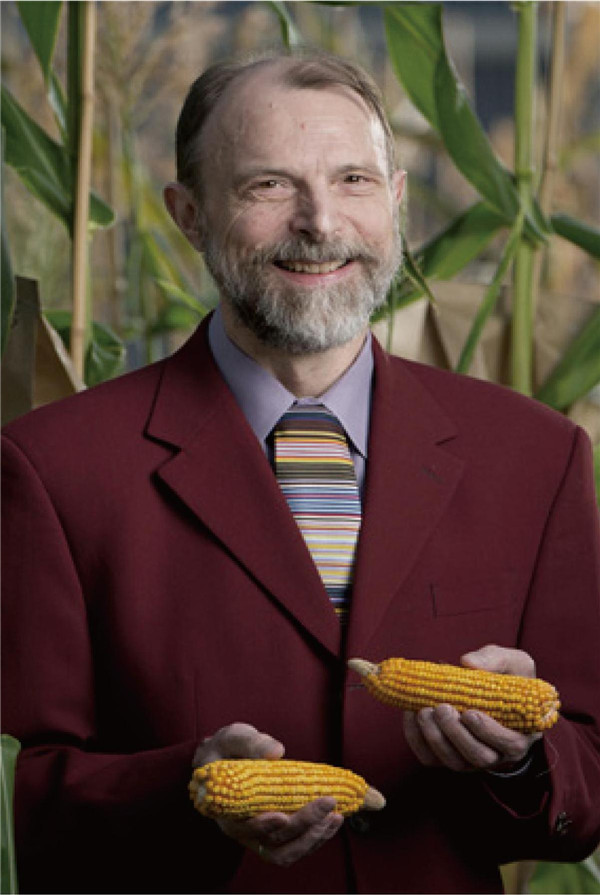
Joachim Messing, 2013 Wolf Prize in Agriculture
After he arrived at Rutgers University in 1985, Messing initiated research on computational and structural biology and added to molecular genetics the regulation of gene expression and biomolecular interactions. He died on Sept 13.
"China has been doing well economically, and that has generated a lot of resources that are necessary to develop science bases. You have a lot of people being trained in the US, and they will come back to China. And then they have gained experience on how to produce technology and generate concepts and bring them back here. China has invested a lot of money in recent years in research."
"I have a lot of Chinese colleagues in my lab doing research in the agriculture field, and I'm happy that I can contribute to the Chinese agriculture research, which is very good. There is no doubt that it has been increasing. China is expanding agriculture research at universities in many provinces, which I think will lead to very strong development as people make contributions not only to China but also to the world."
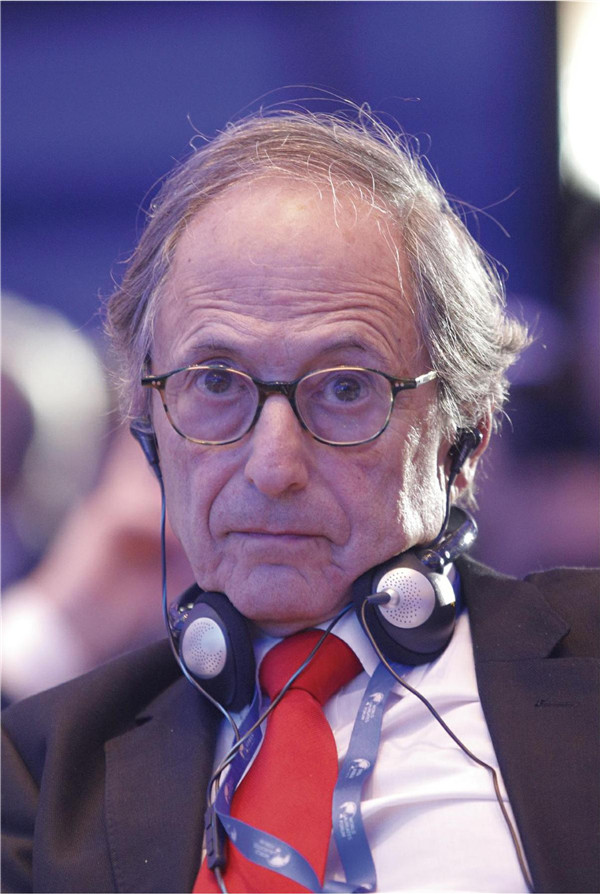
Michael Levitt, 2013 Nobel Prize in chemistry
As a pioneer in computational biology, Levitt combines classical Newtonian physics with modern quantum physics, thus opening a new research field. He has made great achievements in the development of multiscale computing methods, complex chemical and biological system simulation and in the exploration of biomolecules.
"China cares a lot about science. Many Chinese have studied science abroad, and the country has made dramatic breakthroughs. It is ready to open for science."
"The potential is huge for this big country. People care about learning and are well organized. China for me is like the US was in 1935: You can see it is very good at making things, but original science is still coming up. After World War II, the number of Nobel Prizes in the US jumped five times because they had immigration. But it was also because of a new emphasis. I think China is very positive."
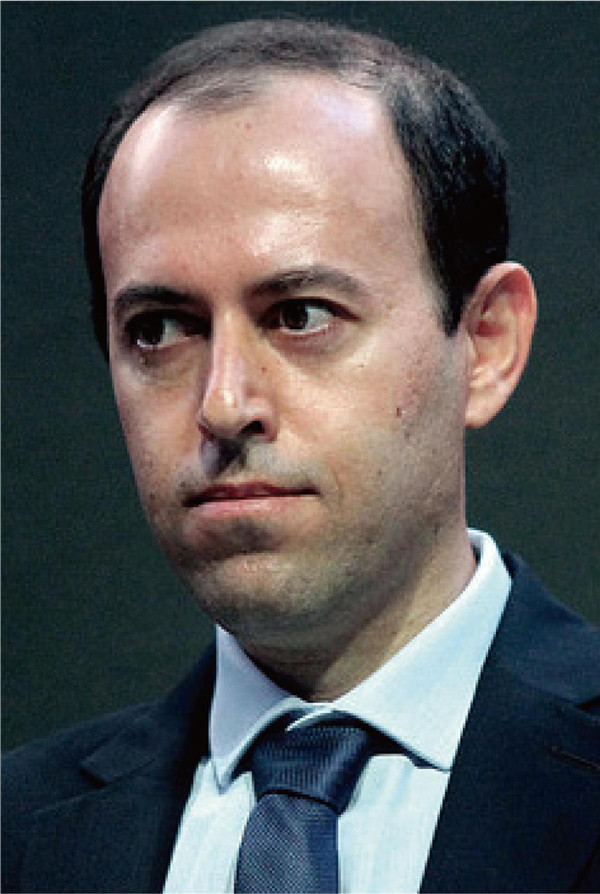
Caucher Birkar, 2018 Fields Medal
Caucher Birkar is a mathematician of great originality and depth. His research area of algebraic geometry addresses fundamental questions about the nature of abstract geometric spaces. His work has produced major advances in birational geometry, particularly in a central paradigm known as the Minimal Model Program.
"I don't know the development of basic research in other areas. But in mathematics, China has invested a lot of money in very good centers of mathematics-for example, Tsinghua University, Peking University, the Chinese Academy of Sciences in Beijing and also a center at Fudan University in Shanghai. It's growing very fast I think, and it seems to have a bright future."
"The Chinese government recently issued a regulation to strengthen mathematical science research. It is the right thing to do, because mathematics is the basis of science and technology. Without strong mathematics, it is hard to develop long-term, sustainable science and technology."
"If you want to be successful in technology, you need science, you need to understand physics, chemistry and so on, which also rely on mathematics. Without mathematics, you can't expect to have good science."
"On children's learning, one important thing is not to force children to learn something. Parents can guide them without forcing them. Education should be based on liking, but not based on forcing them to get good grades or get to work."
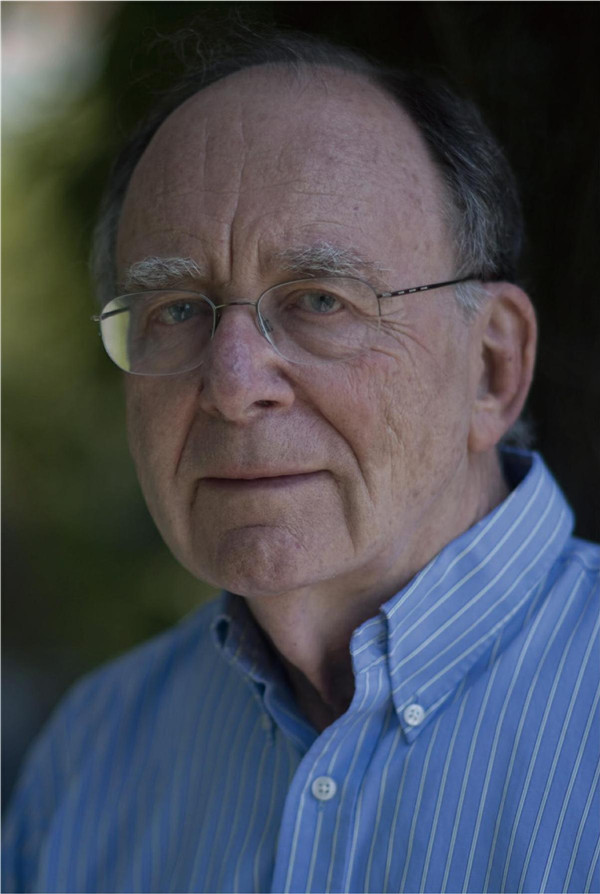
Richard Karp, 1985 Turing Award
Karp has made many important discoveries in computer science, combinatorial algorithms and operations research. His major current research interests include bioinformatics.
"China has become a much more important participant in communication, networking, electronics, control systems and the internet of things. Some of the biggest internet companies in the world are operating in China. It has the fastest growth rate in the use of network communications, so I hope in the future the US and China can cooperate smoothly to optimize both sides. And I hope wise policies will be followed to make this possible."
"The potential is tremendous and will depend greatly on the further developments of university training to produce skilled technologists."
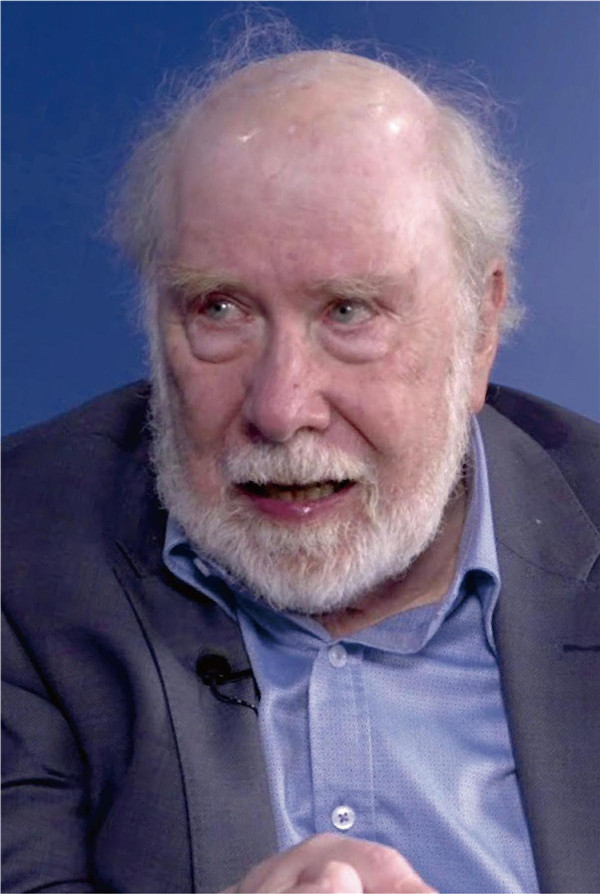
Niklaus Wirth, 1984 Turing Award
Wirth was the chief designer of the programming languages Euler, ALGOL W, Pascal, Modula, Modular-2, Oberon, Oberon-2 and Oberon-7. He received the Association for Computing Machinery's Turing Award for the development of these languages in 1984. In 1994, he was inducted as a Fellow of the association.
"Overall, I see that China has made tremendous progress. I have a good friend who has an electronics company, and he moved the production of products to China-first to Taiwan, until it became too expensive there, and then to Shanghai, and when that became too expensive, then to Suzhou. I have a very strong feeling that China is making a gigantic effort."
"It is very important to have good teachers and good schools to raise them, and also to teach people to think for themselves, which is absolutely fundamental."
Responsible editor: 陳書敏WeChat
Subscription
 Scan QR code
Scan QR codeAPP
 Access to
Access to Wechat
Small program
 Scan QR code
Scan QR code weibo
 Scan QR code
Scan QR code